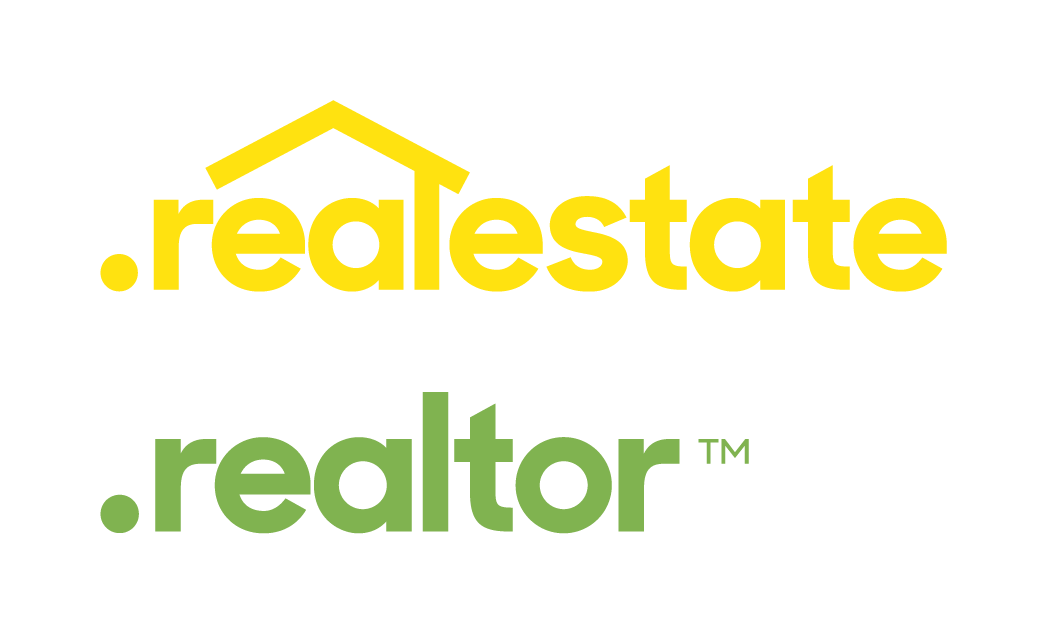Location, Location, Location: Finding the Perfect Spot for Your Small Business

Choosing the right location for your small business can be a make-or-break decision. It impacts everything from your visibility to your customer base, your operating costs, and ultimately, your bottom line. Whether you're just starting out or looking to expand, finding the optimal spot requires careful consideration and strategic planning.
Why Location Matters
Think of your business location as more than just an address; it's a key ingredient in your overall business strategy. Here's why:
Visibility and Accessibility: A prime location with high foot traffic or easy access can significantly increase your visibility and attract potential customers.
Target Market: The demographics and psychographics of your ideal customer should align with the neighborhood's residents and workforce.
Competition: Understanding your competitors' locations helps you identify opportunities, potential challenges, and areas where you can differentiate yourself.
Operating Costs: Rent, utilities, and local taxes can vary significantly from one area to another. Factor these costs into your budget early on.
Local Regulations: Zoning laws, parking restrictions, and other regulations can impact your business operations.
Key Factors to Consider
When evaluating potential locations, take the following factors into account:
Demographics: Who are your ideal customers? Consider age, income, lifestyle, and other factors relevant to your business.
Traffic and Accessibility: Is the location easily accessible by car, public transportation, or foot? Is there ample parking?
Competition: Are there similar businesses nearby? How can you differentiate yourself and stand out?
Infrastructure: Are there essential amenities like high-speed internet, reliable utilities, and adequate waste disposal services?
Safety and Security: Is the area safe for both your employees and customers?
Image and Branding: Does the location align with your brand identity and the image you want to project?
Future Growth: Does the location offer room for expansion or scalability as your business grows?

Leveraging the Expertise of Commercial Real Estate Professionals
Navigating the complexities of commercial real estate can be challenging. This is where real estate agents specializing in commercial properties can be invaluable. They bring a wealth of knowledge and expertise to the table, offering services such as:
Site Analysis: A thorough assessment of potential locations, including demographics, competition, traffic patterns, and zoning regulations.
Site Selection: Identifying the best location based on your specific business needs, target market, and budget.
Negotiation: Leveraging their market knowledge and negotiation skills to secure favorable lease terms.
Market Insights: Providing up-to-date information on market trends, property values, and investment opportunities.
By partnering with a skilled commercial realtor, you can gain a competitive edge in finding the perfect location for your business. Their expertise can save you time, money, and potential headaches in the long run.
Essential Tools and Resources
In addition to working with a realtor, there are several tools and resources that can aid in your location search:
Geographic Information System (GIS) Mapping: GIS software allows you to visualize demographic data, traffic patterns, and competitor locations on a map.
Online Business Directories: Platforms like Yelp, Google My Business, and industry-specific directories provide insights into local businesses and customer reviews.
Local Government Websites: City and county websites offer valuable information on zoning regulations, business licenses, and economic development initiatives.
Chamber of Commerce: Your local Chamber of Commerce can provide insights into the business community, networking opportunities, and local resources.
Making the Final Decision
Ultimately, the best location for your business is the one that aligns with your overall business goals and target market. Consider your budget, your long-term vision, and the unique needs of your business.
Don't rush the decision-making process. Take the time to thoroughly research your options, visit potential locations, and weigh the pros and cons. By making an informed decision, you can set your business up for success in a location that fosters growth and prosperity.




